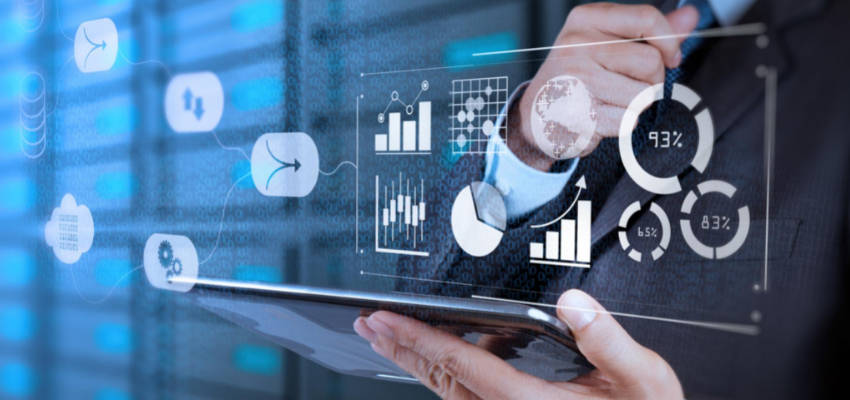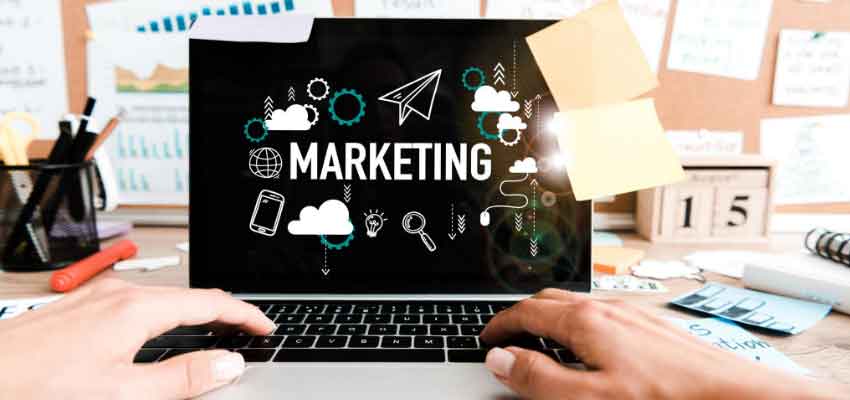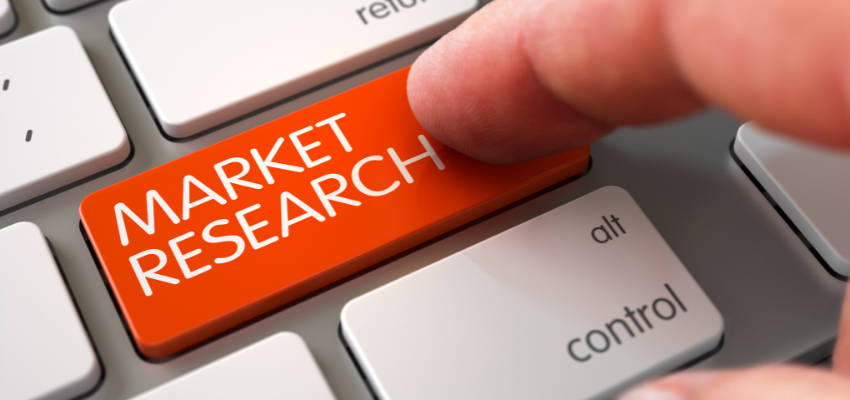Show:
Why You Need To Use Accounting Software For Your Small Business
When running a small business, keeping costs down is vital as margins tend to be tighter than your larger counterparts. This means that tools that seem like nice-to-haves are way down the priority list. One tool that gets pushed to the bottom is accounting software for your small business. But truthfully, this should be at the top.
There’s always a balancing act that a small business owner needs to make—working out what will add value to their venture and what will be an unnecessary cost. Accounting software pretty much always falls into the first category. It gives you so much more control over your finances and allows you to see the bigger picture and make projections with far greater ease.

Paying for accounting software—whether it’s a once-off fee for a specific version or a recurring subscription—can seem like a major and unnecessary expense. However, you need to weigh that fee up against the time it takes to do your accounts manually. And whether or not it could reduce the cost of your accountant, as they’ll spend less time working on your books.
If you’re still on the fence, these four reasons to get accounting software for your small business should convince you of why it’s not a nice-to-have, but an absolute necessity.
1. Software Is More Accurate
Accuracy in your accounting is critical when you’re operating within tight margins. This is true whether you’re looking to grow your business, or simply keep it at the same level. If you’re unable to trust that your financial figures are 100% correct, you can’t always make critical business decisions when you need to.
With a proper accounting program at your disposal, you know that the numbers on the bottom line are correct. The software does the calculations for you, automatically inputting tax or ensuring that costs are allocated to the right area of your business. There are no gray areas, and your financials are always accurate and up to date.
2. It Helps To Keep You Organized
Having all of your financial data tracked in one place will help you stay on top of costs and income. You won’t have to search for figures or client information. Tax time will be a lot easier because your accountant (or you) can see the amounts necessary, with very little extra work. You also won’t have to worry about losing invoices or bills, or tracking if payments are made. Some accounting software can even be set up to notify you if a client has missed a payment.
Finding the information you need is as simple as typing your search query into the relevant field. You no longer need to flip through physical invoice books, check your bank account statement, or search through columns of numbers.
If you’re working with an accountant, you’ll find that communication becomes far easier. Financial processes become streamlined too, as there’s a central data point.
Take a moment to check with them what software they’re using and if your program is compatible first. This will make sharing information even easier.

3. It Puts Data At Your Fingertips
The ability to quickly pull accurate reports from accounting software for a small business is a game changer. Once you’ve been using the program for a few months, you can easily look at how your cash flow position has changed or stayed the same. Over the course of a year, you’ll be able to see trends in sales, supplies, and other areas of your business.
With this data, you can start looking ahead and making forecasts about where you’ll be in the coming months and years. The best part is that pulling reports is easy—the software does it for you.
If you’re working with spreadsheets, you’ll have to input all the data manually and hope that you’ve set up the report correctly for the information to display properly. This takes time to get right, and it isn’t guaranteed to be as accurate.
With accounting software, the margin for human error is greatly reduced too. When using spreadsheets or ledgers, you may miscalculate, or you may make an error without realizing it. Software is far more reliable and has built-in functionality that ensures calculations are correct.
4. It Saves You Time
When running a small business, time is a critical factor. As an owner-manager, you’re likely pulled in several directions at once. The very definition of a small business is that you won’t have many employees, meaning you will be hands on in just about every area of operations.
By its design, accounting software saves you time. Inputting data is a lot easier than with a manual system, calculations are automatic, and you only have to input information once and the system will do the rest. Some programs allow you to scan invoices or upload emails too, making the process even simpler. Getting set up can take a little bit of time and effort, but you’ll definitely save time in the long run.
Top Accounting Software Features To Look For
If you’ve decided to utilize accounting software for your small business, it’s important to choose a package that offers the following features:
- High-end security to keep your data safe
- Cloud-based access that allows you to view your data from anywhere
- Access restriction so that you can implement restrictions based on a need-to-know basis
- Scalability so that it can grow and change if your business does
- Inventory management if you are in sales, manufacturing, or distribution
- Payroll functionality
Build Your Company With Accounting Software For Your Small Business
When you stick to manual accounting practices you waste time, increase accountancy costs, risk making grave errors and can potentially lose sight of your overall financial position. With accounting software for your small business, you save time, increase efficiency, and have far greater control and insight.
The positives of investing in accounting software are clear, and it’s hard to even consider any negatives. Managing your financials should be easy, transparent, and efficient, and software does all of that, and more.

 Return to Previous Page
Return to Previous Page








